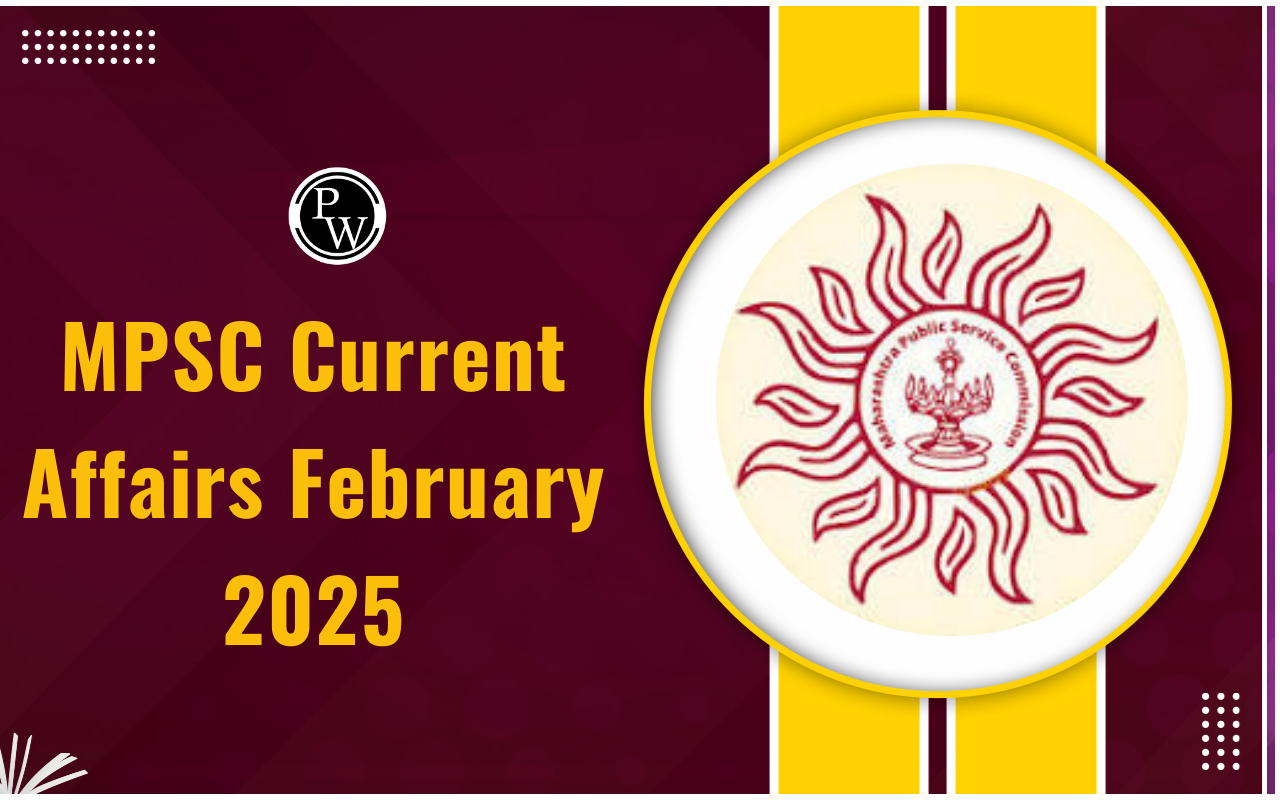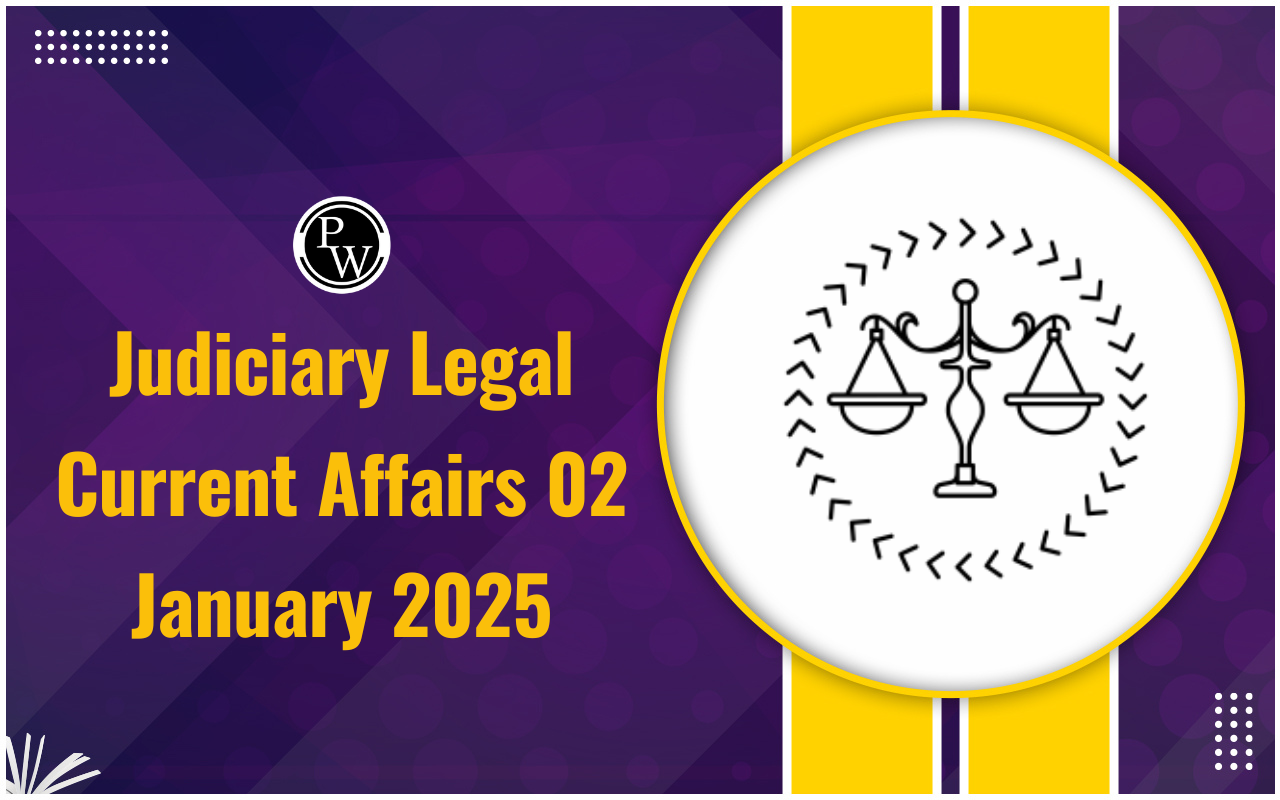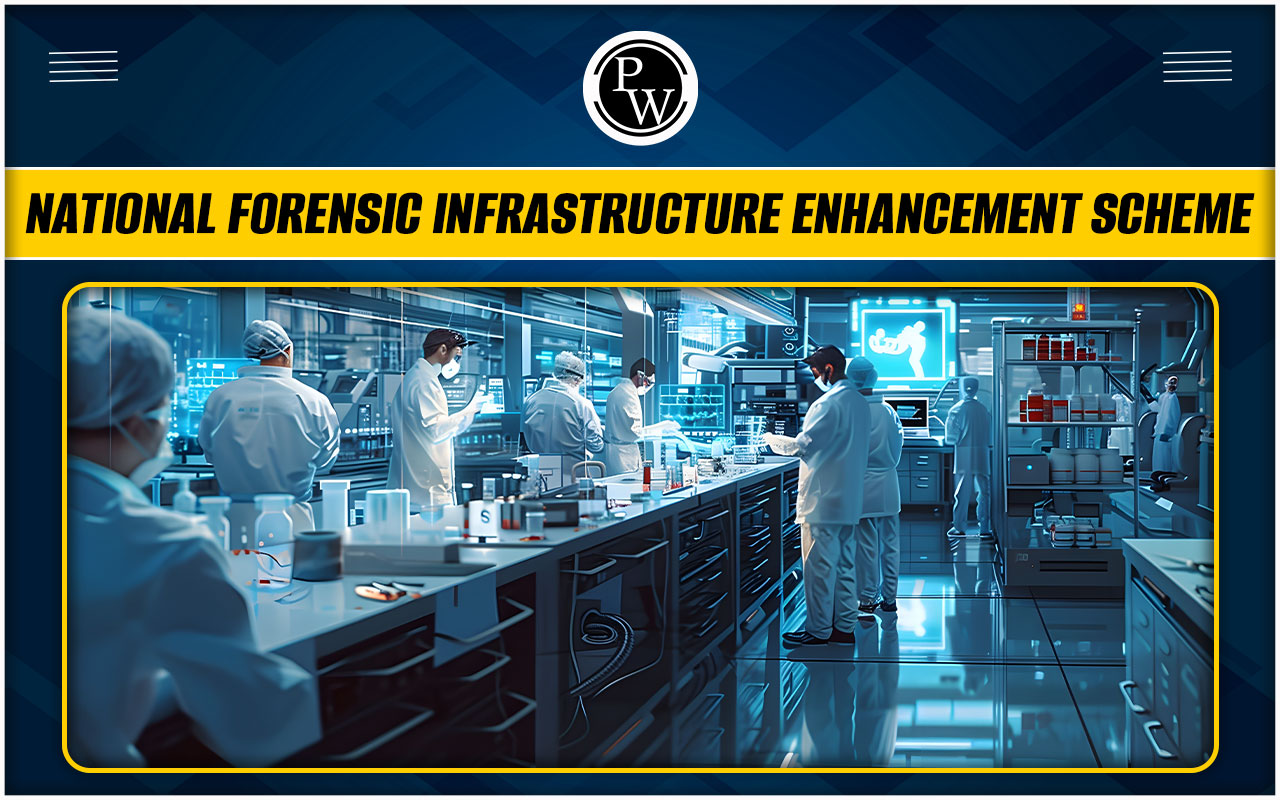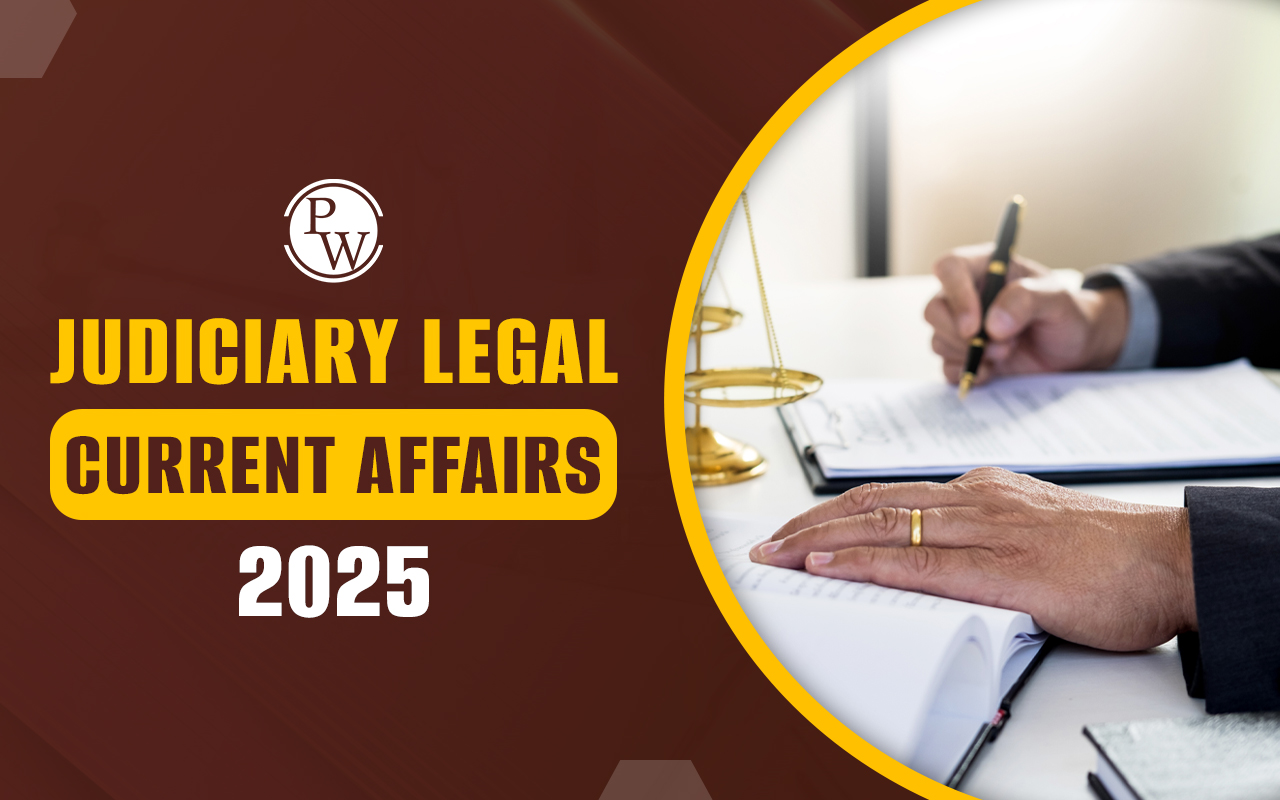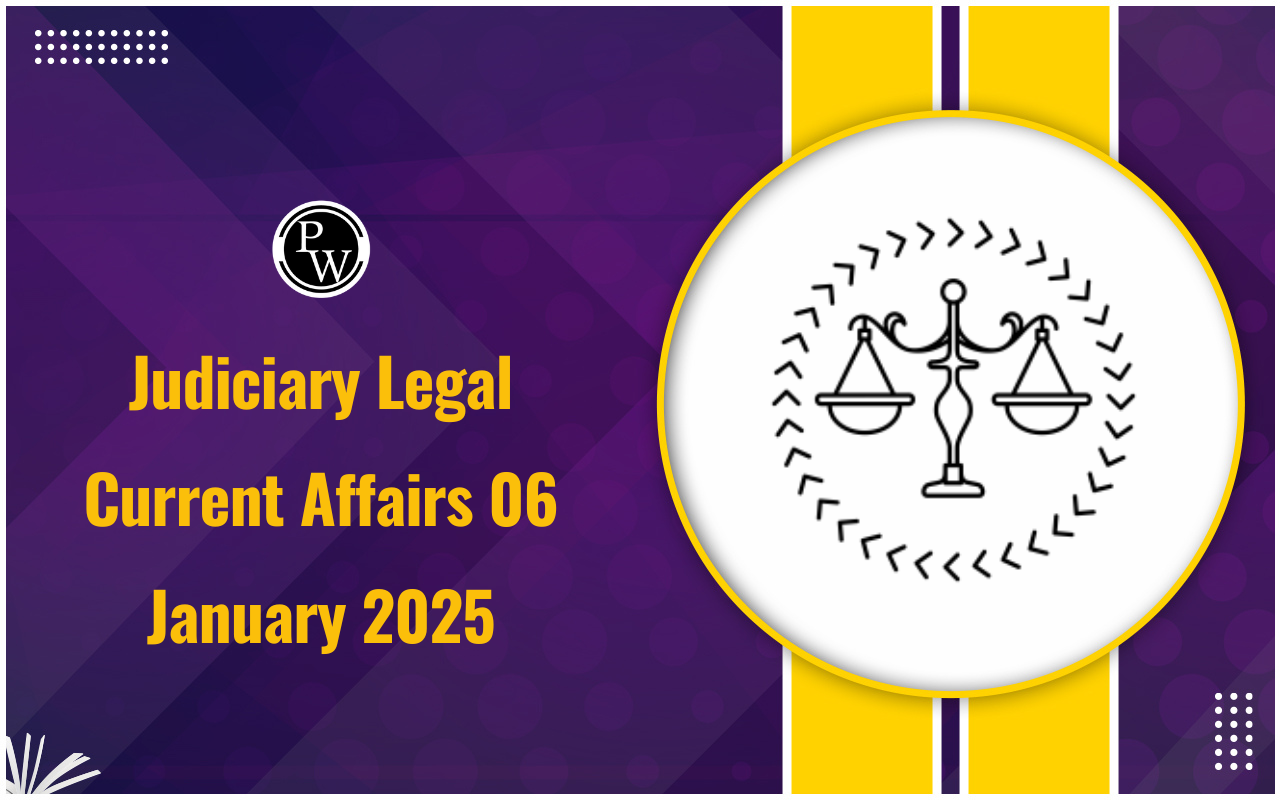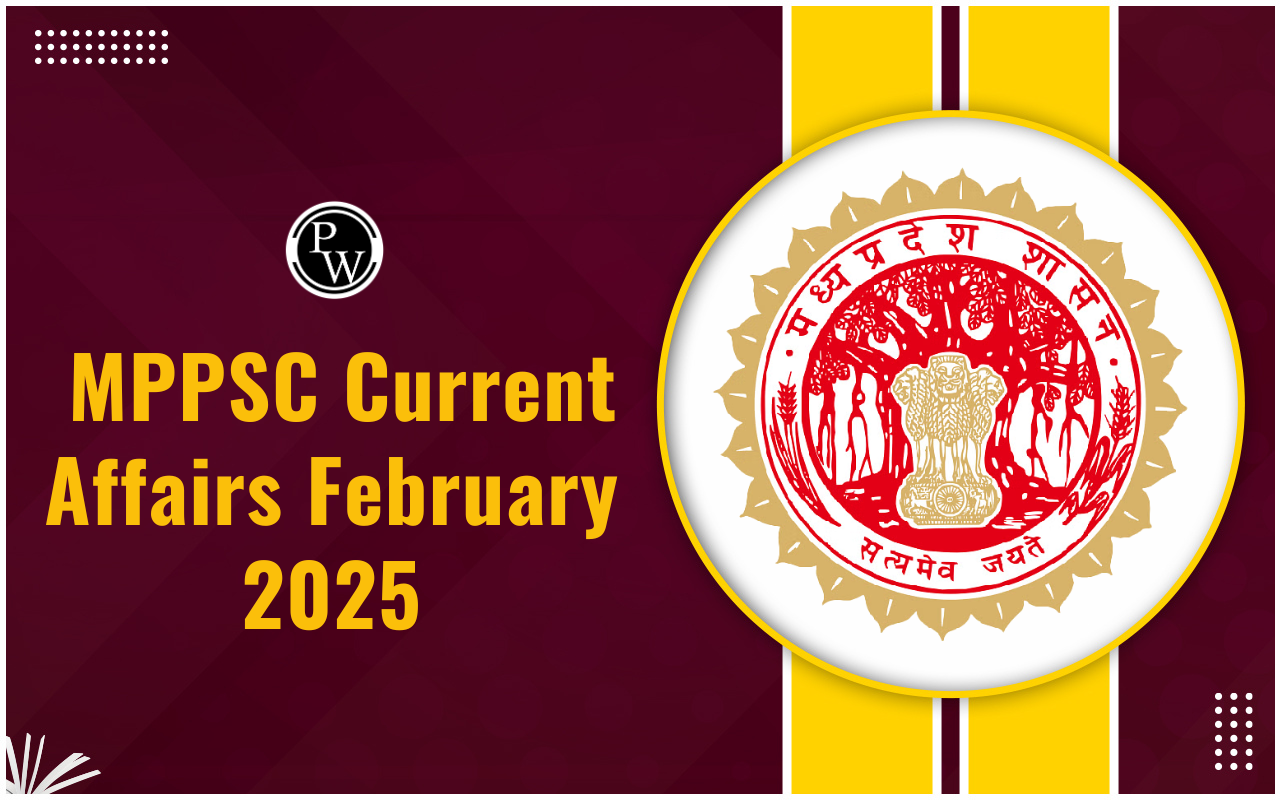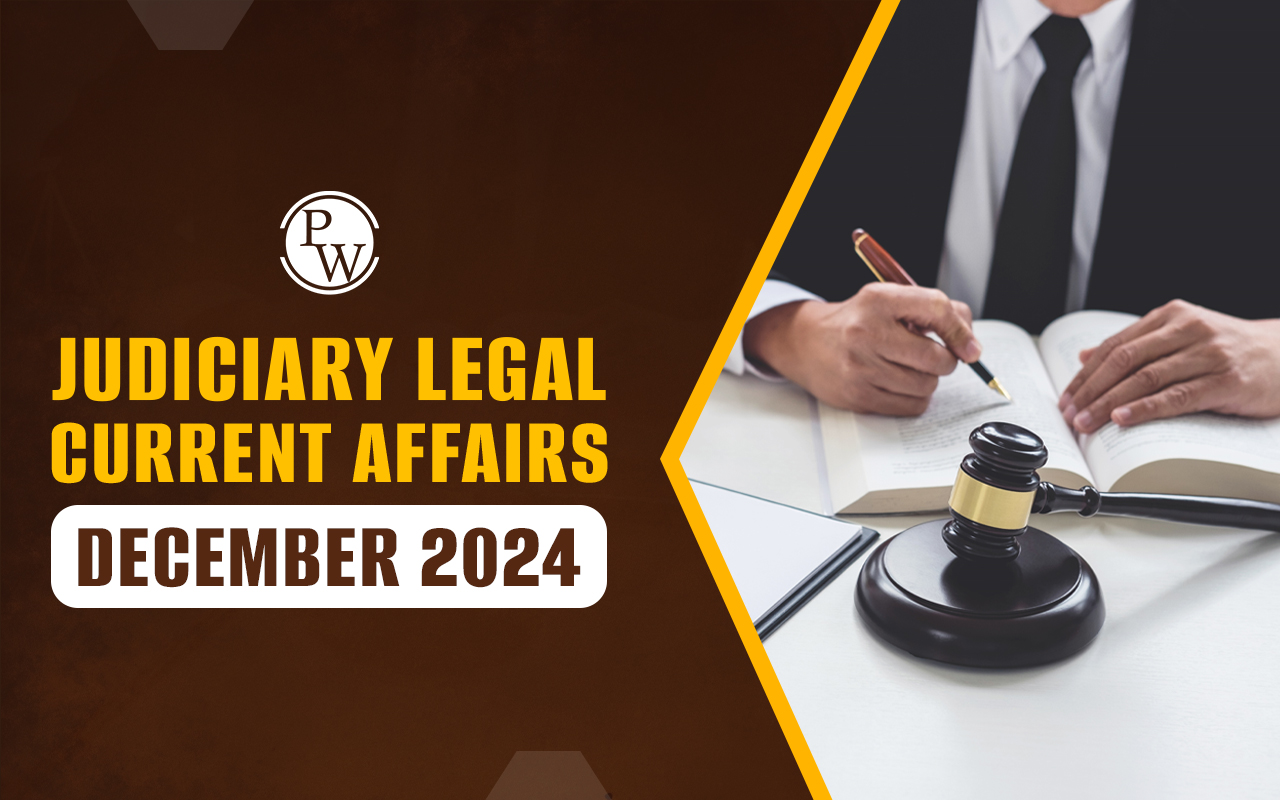
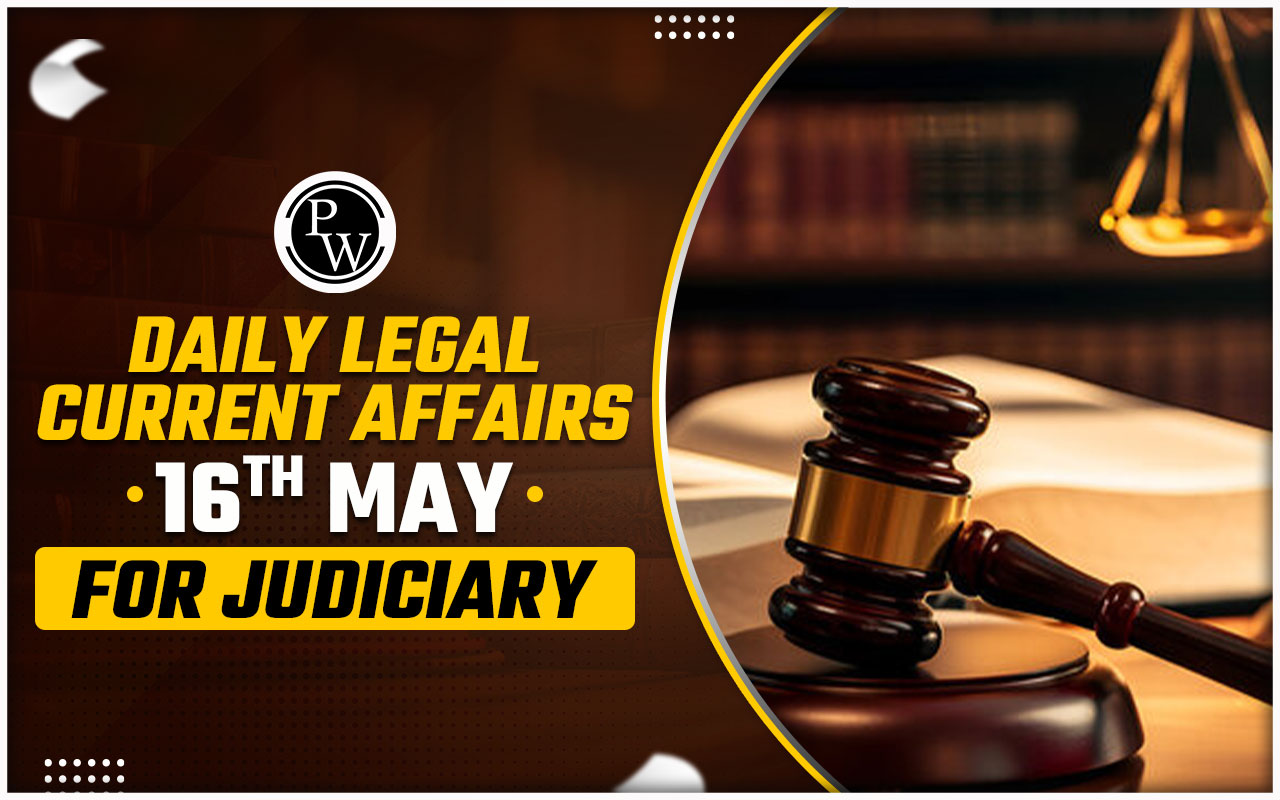
Municipal Committee Katra v. Ashwani Kumar
- Bench: Justices B. R. Gavai and Sandeep Mehta
- Facts:
- “The appellant-Municipal Committee, Katra issued a Notice Inviting Tender ('NIT') calling for bids for supply of mules and mazdoors involved in transportation of pilgrims from the base camp to holy shrine of Mata Vaishno Devi. The contract came to be offered to the present respondent who accepted the offer so given.
- In terms of Clause-8 of the NIT, the successful bidder was required to deposit 40% of the bid amount within 24 hours.
-
- It was also enjoined upon the bidder to deposit 5 post dated cheques along with bank guarantee to secure the amount for remaining tenure of the contract period.
-
The respondent-bidder filed a civil suit seeking a declaration that Clause-8 of the NIT was arbitrary.
- The Court of District Judge, Reasi allowed the application and granted a temporary injunction directing the appellants to issue the order of allotment of contract to the respondent. On a challenge by the Municipal Committee, the High Court also passed an order directing the appellants to issue a work order in favour of the respondent.
-
After conclusion of the contract period, the respondent filed a writ petition before the High Court contending that his contract was supposed to commence from 1st April, 2010 and was to run for a period of 365 days till 31st March, 2011, but the said period was truncated because the same commenced from 10th May, 2010 only and hence, the respondent suffered a loss of collection of earnings for a period of 33 days.
- The Single Bench of the High Court disposed off the writ petition with a direction to the appellants to consider the claim of the respondent within six weeks.
- This claim of the respondent being rejected, the same was subjected to challenge in another writ petition. The Single Judge held that it was the failure of the respondent-bidder, due to which the allotment letter enabling him to start performing under the contract from 1st April, 2010 was not issued; that the respondent had questioned the legality of the Clause-8.
- However, the Single Judge took upon himself to quantify the damages suffered by the bidder to be equivalent to net revenue collected by the appellant-Municipal Committee during first 32 days of contract period commencing from 1st April, 2010 after deducting expenses such as salaries and allied expenses and proceeded to direct the appellants to make payment thereof to the respondent.
- The intra court appeal was preferred by the appellants against the said order, and the cross-appeal filed by the respondent seeking modification of the order of the Single Bench and a direction upon the appellant to refund the total amount along with interest at 12% per annum without making any deductions.stand rejected by the judgment of the Division Bench impugned before the bench of Justices Gavai and Mehta
- Observations:
- Allowing the appeal, the bench expressed the firm view that the impugned judgments are ex-facie illegal and without jurisdiction, and hence, the same were quashed and set aside.
- The Supreme Court has reiterated that no one can be permitted to take undue advantage of his own wrong to gain favourable interpretation of law, and that he who prevents a thing from being done shall not avail himself of the non- performance he has occasioned
- The bench was pronouncing its decision on the Municipal Committee, Katra's appeal against the 2015 judgment of the J & K High Court Division Bench which confirmed the Single Judge's opinion that the respondent-bidder had worked 33 days less than the stipulated contract period of 365 days and thus, was entitled to payment of pro-rata auction amount for these days.
- The bench further held that by challenging the validity of the terms and conditions of the auction notice, despite having participated in the tender proceedings with open eyes, the respondent himself was responsible for the delay occasioned in issuance of the work order which deprived him of the opportunity to work for the entire period of 365 days.
-
- The Apex Court stated that relief of damages cannot be subject matter of extraordinary writ jurisdiction of the High Court. The bench of Justices Gavai and Mehta also observed that the relief which was sought by the respondent-bidder in the writ petition before the High Court was purely by way of damages.
- “By no stretch of imagination, such relief could have been subject matter of extraordinary writ jurisdiction of the High Court under Article 226 of the Constitution of India”, said the top court.
- The bench of Justices Gavai and Mehta noted that the quantification of the damages would require entering into disputed questions of facts and hence, the High Court ought to have relegated the writ petitioner (present respondent-bidder) to the competent Court for claiming damages. “Law is well settled that disputes arising out of purely contractual obligations cannot be entertained by the High Court in exercise of the extraordinary writ jurisdiction”, held the bench.
- Bench: Justices Hima Kohli and Ahsanuddin Amanullah
- Observations
- The Supreme Court warned/ cautioned the two members of the National Consumer Disputes Redressal Commission (NCDRC) for issuing non-bailable warrants against the directors of a company, ignoring a previous interim order of the Supreme Court.
- While closing the contempt proceedings initiated against them, the Court categorically marked that all orders passed by the Top Court ought to be respected and fully complied with.
- It continued to say that the hierarchy of the judiciary needs to be respected and in that hierarchy, the order passed by this Court will bind the NCDRC as well as the judicial officers.
- On March 1, 2024 the Court had passed an interim order directing that no coercive steps should be taken against the directors of the company in the execution petition pending before the NCDRC.
- On March 8, 2024 the NCDRC asked the directors to file affidavits of compliance.
- Later, on April 2, 2024 the NCDRC issued non-bailable warrants against the directors, returnable on April 26.
- During the previous hearing, the court was not convinced by the explanation offered by the erring members of NCDRC. The bench also criticized them for not recalling the order after the notice was issued to them. In view of this, the Court had asked them to show cause why contempt of court proceedings should not be initiated against them.
- Pursuant to this, a fresh joint affidavit was filed by the members tendering an unconditional and unqualified apology for the mistake committed by them. The Court was also informed that an order, recalling the above orders, have been passed by the NCDRC.
- Attorney General for India R. Venkataramani, representing the proposed contemnors, submitted that the order passed on March 8, 2024 was not intended as a coercive step against the directors.
- Further, the members jointly expressed their unconditional apology admitting that there was a mistake on their part in passing the order.
- With respect to the April 02nd order issuing the non-bailable warrant, it was submitted that it was a mistake as the members failed to note the order passed by the Top Court.
- The Court though expressed its reservations to the aforesaid submissions, however, it took into account the relevant aspects including that an unconditional regret has been expressed. In light of this, the Court stated in its order that the members should have been more cautious.
- Accordingly, in the order, the Court underscored that the matter involved the life and liberty of the appellants who had to rush to the Top Court despite the protection granted to them. “We are of the opinion that the deponents of the affidavit out to have been much more cautious particularly while issuing non-bailable warrants knowing that the same would affect the right to life and liberty of the appellants who despite the protection extended by this Court were left helpless and had to rush to this Court bringing to its notice the order passed by the NCDRC on March 8th and April 22.”
- The Court further stated “It cannot be that when an order is passed by this Court is mentioned before the members of the NCDRC and a copy is sought to be handed over , the same should be ignored and brushed aside. Any orders passed by the Court ought to be respected and fully complied with, in view of the fact that the hierarchy of the judiciary needs to be respected and in that hierarchy, the order passed by this Court will bind the NCDRC and the judicial officers.”
- “In view of the above it is deemed appropriate to warn/ caution the deponents of the affidavit to be more careful in future and proceed to deal with matter with caution particularly when the order of superior court is placed before them for their information and compliance.,” ordered the bench.
- After making these observations, the Court discharged the notice to show cause and closed the matter. Before parting, the Court directed that the chairperson of the NCDRC shall transfer (this batch of petitions) to another Bench.
- Bench: Justices BR Gavai and Sandeep Mehta
- Observations:
- In a major development, the Supreme Court declared as illegal NewsClick founder and Editor-in-Chief Prabir Purkayastha's arrest by the Delhi police and his remand in a case under the Unlawful Activities (Prevention) Act 1967.
- The Court noted that a copy of the remand application was not provided to Purkayastha or his counsel before passing the remand order on October 4, 2023. This meant that the grounds of the arrest were not supplied to him in writing. It was the case of the Delhi police that the requirement to furnish the grounds of arrest in writing was fulfilled by the serving of the remand application.
- "There is no hesitation in the mind of the Court to reach to a conclusion that a copy of the remand application, in the purported exercise of the communication of the grounds of arrest in writing, was not provided to the accused-appellant or his counsel before the passing of the remand order dated 4th October, 2023, which vitiates the arrest and the subsequent remand of the appellant.
- As a result, the appellant is entitled to a direction for release from custody by applying the ration of the judgment rendered by this court in Pankaj Bansal," the Court pronounced.
- The arrest and the remand were declared invalid in the eyes of law and were set aside. The Court therefore ordered the release of Prabir Purkayasatha. However, the Court ordered that the release will be subject to him furnishing the bail and bonds to the satisfaction of the trial Court, since charge sheet has been filed.
- It may be recalled that Purkayastha has been in custody since October 3, 2024 under the Unlawful Activities (Prevention) Act in a case over receiving Chinese funds to propagate anti-national propaganda. Senior Advocate Kapil Sibal appeared for Purkayastha and Additional Solicitor General SV Raju appeared for the Delhi Police.
- Purkayastha approached the Court challenging the legality of his arrest by contending that the grounds of arrest were not supplied to him in writing as mandated by the Supreme Court's judgment in Pankaj Bansal.
- The Delhi police contended that the grounds of arrest were contained in the remand application.
- During the hearing, the Court had noted that the remand order was recorded to have been passed at 6 AM on October 4, 2023. However, copy of the remand application was served on Purkayastha's lawyer much later.
- The day verdict was reserved (April 30, 2024), the Court questioned Delhi Police's "hot haste" in producing Purkayastha before the Magistrate at 6 AM even without informing his lawyer. The Court also expressed surprise at the fact that the remand order was passed before the remand application was served on Purkayastha's lawyer.
- The Delhi police's argument was that the time recorded in the remand order (6 AM) was wrong and that the remand order was passed after serving the counsel of the accused.
- However, this argument did not impress the Court which asserted that it would go only by the time recorded in the judicial order.
- He had filed the petition assailing a decision of the Delhi High Court upholding his arrest by the Delhi Police. In today's verdict, the Supreme Court set aside the Delhi High Court's judgment as well.
- Co-accused and NewsClick human resources head Amit Chakraborty had also approached the top court challenging his arrest, but he was allowed to withdraw his plea after he turned approver for the Enforcement Directorate and was granted a pardon.
- While the case was pending, the court had directed the constitution of a board by the All India Institute of Medical Science (AIIMS) for Purkayastha's independent medical evaluation.
- Bench: Justices Hrishikesh Roy and Prashant Kumar Mishra
- Observations
- In an important ruling concerning the principle of 'restitution' under Section 144 of the Code of Civil Procedure, 1908 (“CPC”) the Supreme Court observed that if after knowing that the decree was likely to be reversed, a stranger auction purchaser (not being party to the proceedings) purchases the property in execution of the decree, then he couldn't claim the protection of being a bona fide purchaser and the principle of restitution would apply in such circumstances.
- Reversing the findings of the High Court, the bench observed that if the person who has purchased the suit property from the decree-holder despite having full knowledge of pending appeal proceedings against the decree, then the purchaser of the suit property from the decree-holder is not entitled to object restitution on the ground that he is a bona fide purchaser.
- The Judgment authored by Justice Prashant Kumar Mishra drew its strength from the case of Chinnamal & Ors. V. Arumugham & Anr, AIR 1990 SC 1828 , where the Court distinguished between the decree-holder who purchased the property in execution of his own decree, which is afterward modified or reversed and a person who is not a party to the decree i.e., the stranger who purchases the property from the decree-holder.
- The court in the Chinnammal Case laid down the test to ascertain whether the stranger purchaser would be entitled to retain the property by the principle of restitution. The court said that the true question in each case, therefore, is whether the stranger auction purchaser knew of the pending litigation about the decree under execution.
- “If the evidence indicates that he had no such knowledge he would be entitled to retain the property purchased being a bona fide purchaser and his title to the property remains unaffected by subsequent reversal of the decree. The court by all means should protect his purchase.
- But if it is shown by evidence that he was aware of the pending appeal against the decree when he purchased the property, it would be inappropriate to term him as a bona fide purchaser. In such a case the court also cannot assume that he was a bona fide or innocent purchaser for giving him protection against restitution. No assumption could be made contrary to the facts and circumstances of the case and any such assumption would be wrong and uncalled for” the court answered in Chinnamal.
- In the present case, the respondents no. 1 and 2 (decree holders) purchased the suit property owned by the judgment debtor in execution of the decree. The transaction was initiated during the pendency of the appeal against the decree and got completed before the reversal of the decree by the appellate court.
- In the meantime, respondents no. 1 and 2 sold some part of the suit property, purchased in the auction sale in execution of their decree, to respondent no.3 (third person not being party to the proceedings).
- The respondent no.3 was aware of the pending challenge to the decree by the appellant before the appellate court.
- After the decree was reversed on appeal, the judgment debtor(appellant before the Supreme Court) filed an application under Section 144 CPC seeking restitution of the property.
- Opposing the restitution, respondent no.3 contended that he was the bona fide purchaser of the suit property from the respondent no.1 and 2 after paying the full consideration to the decree holders, therefore the appellant couldn't claim restitution of the decree even if it's reversed by the appellate court.
- The appellant/defendant claimed the restitution of the decree on the ground of reversal of the decree by the appellate court. He contended that once the decree is reversed by the appellate court and the third party purchased the property despite knowing that the decree was set aside/reversed, then respondent no.3/third party cannot be saved by the principle of restitution.
- Allowing the appeal, the Supreme Court allowed the application under Section 144 CPC . "The parties are restored back to the position where the execution was positioned before the attachment of the immovable properties of the judgment debtor," the Court ordered.
- Bench: Justices Hrishikesh Roy and Prashant Kumar Mishra
- Observations
- The Supreme Court refused to quash the criminal cases against the Bharatiya Janata Party's National Secretary H Raja for his alleged derogatory remarks against Dravidian movement leader Periyar, former TN Minister M Karunanidhi, DMK party leaders etc.
- The Bench was hearing an SLP against the Madras High Court's order. Senior Advocate Dama Seshadri Naidu appeared for the petitioner.During the hearing, the bench orally commented about the need for politicians to be circumspect about their public comments. "People in politics have to be circumspect about what they utter; somehow we are reducing the level of discourse," Justice Roy said.
-
- The High Court had refused to quash the criminal cases under Section 153 (Wantonly giving provocation with intent to cause riot), Section 504 (Intentional insult with intent to provoke breach of the peace) and Section 509 (Word gesture or act intended to insult the modesty of a woman) against Raja.
- The trial of these offences is being conducted by the Additional Special Court for Trial of Criminal Cases relating to MP/MLA's.
- Prior to the commencement of trial, the present petitioner had approached the High Court in the year 2023 for the quashing of FIRs. However, the High Court had refused to grant any relief observing that Raja had a habit of making such irresponsible and damaging comments.
- “This Court must necessarily take judicial notice of the fact that the petitioner has the proclivity to make irresponsible and damaging comments and that is the reason why he gets into trouble. This Court is reminded of the sagacious words of Thiruvalluvar. To put it in simple English- Whatever besides you leave unguarded, guard your tongue; otherwise errors of speech and the consequent misery will ensue. This warning given by Thiruvalluvar perfectly applies to the petitioner,” the court had observed.
- Raja had also made tweets against EV Ramasamy, known as Periyar, saying that the Atheist leaders statues should be broken and also addressing Periyar as a caste fanatic. The court noted that though every person was entitled to differ from views, thoughts and ideologies of Periyar, he could not cross the “Lakshman Rekha”.
- Observing that the statements made by Raja will provoke the class of persons who follow Periyarism, and had the propensity to result in violence and disturbance to public order, the court said that the facts constituted an offence and refused to quash the same.
- The court had also observed that Raja's remarks against the officers of the HR&CE department were highly defamatory, scandalous, and was in the nature of demeaning women.
- Noting that the messages tweeted by Raja bordered on hate speech, the court observed that though a person holding a responsible post in a national party can comment upon policies and shortcomings of the opposition party, the comments could not touch upon the personal character/status. The court added that words were more powerful than swords, and whereas the sword would cause injury to an individual, words could create a very serious impact on a large section of people.
Judiciary Exam Current Affairs FAQs
How many months of current affairs is required for a Judiciary Exam?
The candidates are recommended to prepare for at least a year before appearing in the Judiciary examination.
Where can I study current affairs for the Judiciary?
The candidates can study and get the daily current affairs for Judiciary from the official page of Physic Wallah.
How can I prepare for Judiciary current affairs?
The candidates can prepare for the Judiciary current affairs by reading newspapers daily and exploring the online material available.
🔥 Trending Blogs
Talk to a counsellorHave doubts? Our support team will be happy to assist you!

Check out these Related Articles
Free Learning Resources
PW Books
Notes (Class 10-12)
PW Study Materials
Notes (Class 6-9)
Ncert Solutions
Govt Exams
Class 6th to 12th Online Courses
Govt Job Exams Courses
UPSC Coaching
Defence Exam Coaching
Gate Exam Coaching
Other Exams
Know about Physics Wallah
Physics Wallah is an Indian edtech platform that provides accessible & comprehensive learning experiences to students from Class 6th to postgraduate level. We also provide extensive NCERT solutions, sample paper, NEET, JEE Mains, BITSAT previous year papers & more such resources to students. Physics Wallah also caters to over 3.5 million registered students and over 78 lakh+ Youtube subscribers with 4.8 rating on its app.
We Stand Out because
We provide students with intensive courses with India’s qualified & experienced faculties & mentors. PW strives to make the learning experience comprehensive and accessible for students of all sections of society. We believe in empowering every single student who couldn't dream of a good career in engineering and medical field earlier.
Our Key Focus Areas
Physics Wallah's main focus is to make the learning experience as economical as possible for all students. With our affordable courses like Lakshya, Udaan and Arjuna and many others, we have been able to provide a platform for lakhs of aspirants. From providing Chemistry, Maths, Physics formula to giving e-books of eminent authors like RD Sharma, RS Aggarwal and Lakhmir Singh, PW focuses on every single student's need for preparation.
What Makes Us Different
Physics Wallah strives to develop a comprehensive pedagogical structure for students, where they get a state-of-the-art learning experience with study material and resources. Apart from catering students preparing for JEE Mains and NEET, PW also provides study material for each state board like Uttar Pradesh, Bihar, and others
Copyright © 2025 Physicswallah Limited All rights reserved.
